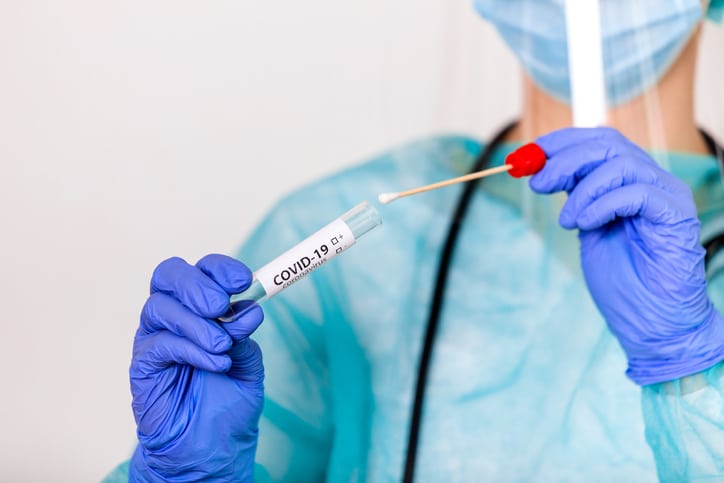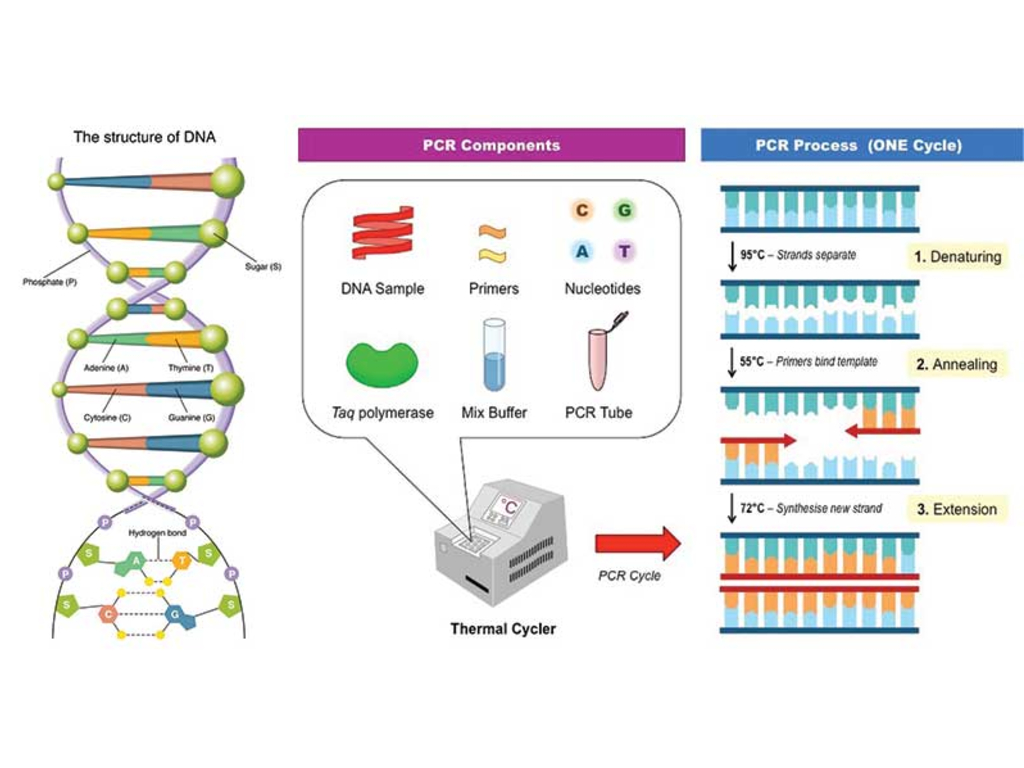

They also produce results quickly, typically in less than 15 minutes. First, they are so easy to use that people with no special training can perform them and interpret the results – even at home. If the antibodies bind to coronavirus antigens, a colored line appears on the test strip indicating the presence of SARS-CoV-2.Īntigen tests have a number of strengths. Just like antibodies in your body, the ones on the test strip will bind to any antigen in the sample. Then you apply this liquid to a test strip that has antibodies specific to SARS-CoV-2 painted on it in a thin line. To run an antigen test, you first treat a sample with a liquid containing salt and soap that breaks apart cells and other particles. These tests use lab-made antibodies to search for antigens from the SARS-CoV-2 virus.

Antigen tests, the other major type of coronavirus test, while much faster, are less accurate.Īntigens are substances that cause the body to produce an immune response – they trigger the generation of antibodies. PCR tests are accurate but can take a long time to produce results. Rapid, accurate tests are essential to contain a highly contagious virus like SARS-CoV-2. Lennardywlee via Wikimedia Commons, CC BY-SA Antigen tests Rapid antigen tests – like the two seen here showing negative results – are much faster and easier to perform but are less sensitive than PCR tests. And finally, they aren’t cheap at $100 or more per test. Between sample collection, transportation, amplification, detection and reporting, it can take from 12 hours to five days for a person to get results back. Usually only large, centralized testing facilities – like hospital labs – can conduct many PCR tests at a time. They require a skilled laboratory technician and special equipment to run them, and the amplification process can take an hour or more from start to finish. However, PCR tests have some weaknesses too. With accuracy that approaches 100%, it is the gold standard for diagnosing SARS–CoV–2. This makes it a highly sensitive and accurate test. The amplifying property of PCR allows the test to successfully detect even the smallest amount of coronavirus genetic material in a sample. The amplified sequence contains fluorescent dye that is read by a machine. Laboratory machines repeat these heating and cooling cycles 30 to 40 times, doubling the DNA until there are a billion copies of the original piece. You’ve now created two copies of coronavirus DNA from the original one piece of RNA. The primers ensure that only coronavirus DNA is amplified. The temperature is lowered, and polymerase, with the help of a small piece of guide DNA called a primer, binds to the single-stranded DNA and copies it. Then, the DNA is mixed with a solution containing an enzyme called a polymerase and heated, causing the DNA to separate into two single-stranded DNA pieces. A health care worker takes the sample and treats it with an enzyme that converts RNA into double-stranded DNA. This is done using a technique called a polymerase chain reaction. You can check how long it might take with your doctor or nurse.Ĭall the Hepatitis Infoline for more informationĭidn’t find the answer to your question here? Contact the Hepatitis Infoline for more information about PCR tests for hep C.For PCR tests, the next step is amplification of genetic material so that even a small amount of coronavirus genes in the patient’s sample can be detected. It can take a week or two to get a PCR test back. Some doctors clinics, medical centres and Aboriginal Medical Services will have blood testing, otherwise you can go to a pathology clinic. You will usually need to go to a pathology collector to get a PCR test. The remaining 10% of people have either genotype 2, 4, 5 or 6.Ī PCR test is a regular blood test, taken the same way as any other blood test.Nearly 40% of Australians with hep C have genotype 3.Around half of Australians with hep C have genotype 1.It is sometimes used before treatment to show which treatment option is best for you.ĭid you know that people usually talk about hep C as if it were a single virus, but there are six different genotypes? It shows what strain (type) of hep C you have. It can tell how many weeks of treatment is best for you. This test is sometimes used before you have hep C treatment. It measures the amount of hep C virus in your blood.

It is often used after needlestick accidents or for testing newborn babies, born to mums with hep C. The first is the PCR viral detection test. What are the Three Types of PCR Tests For Hep C?


 0 kommentar(er)
0 kommentar(er)
